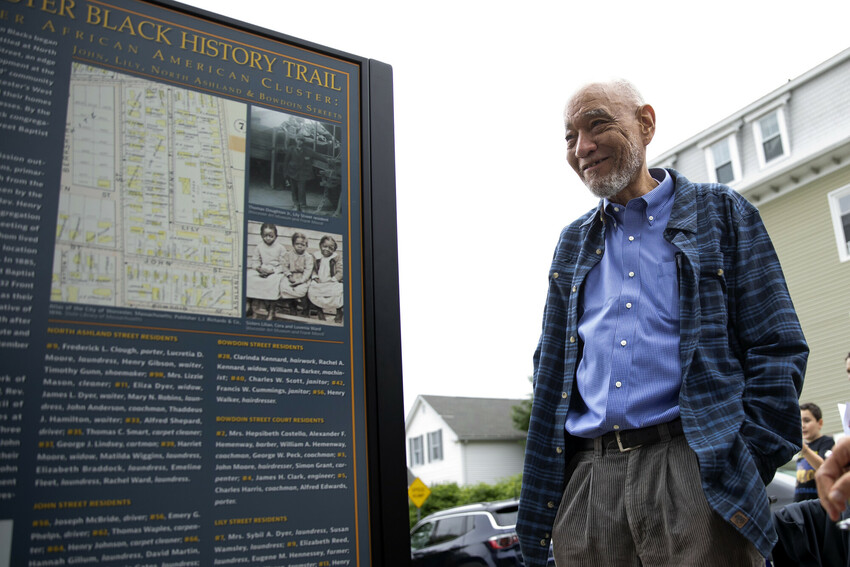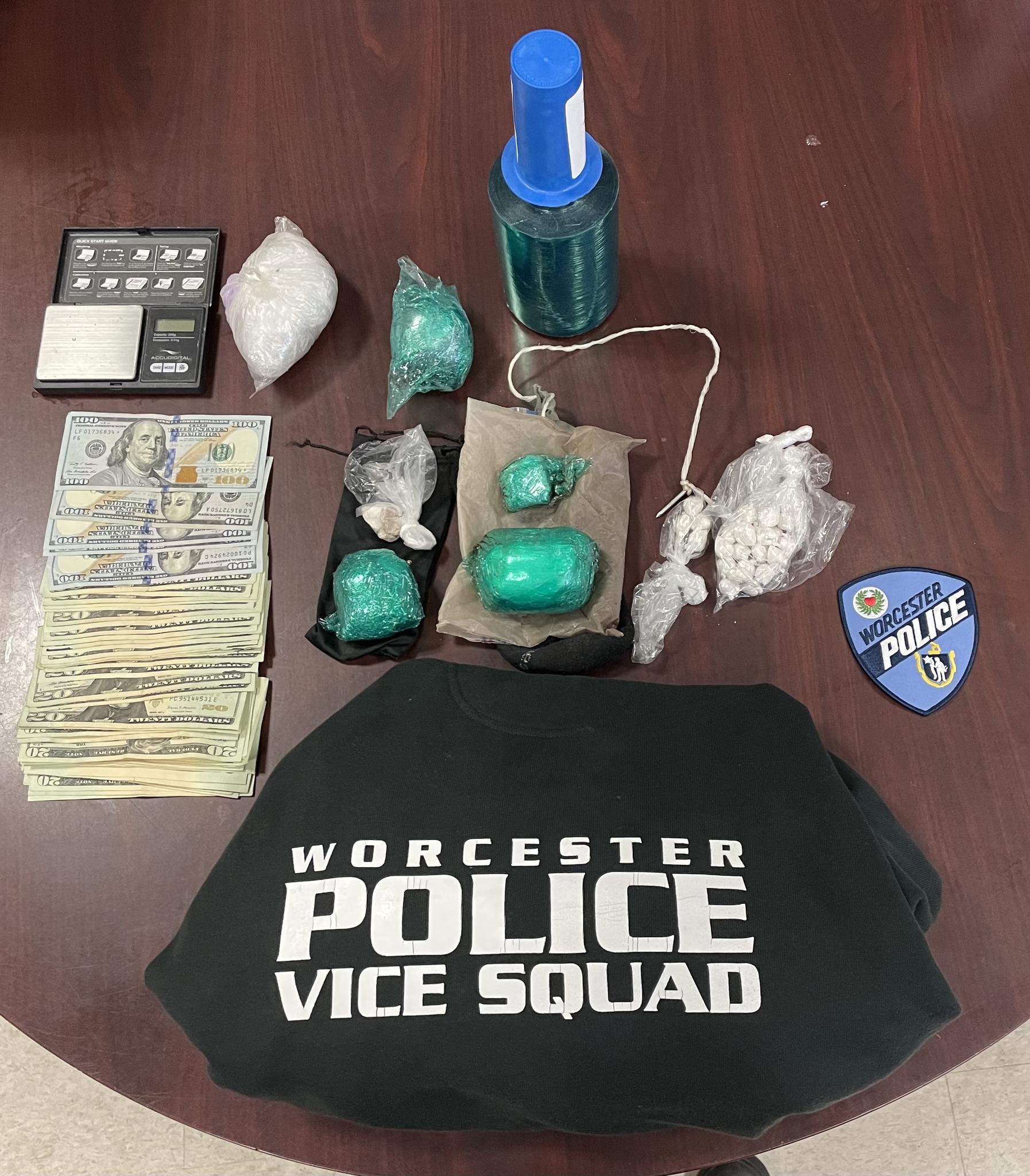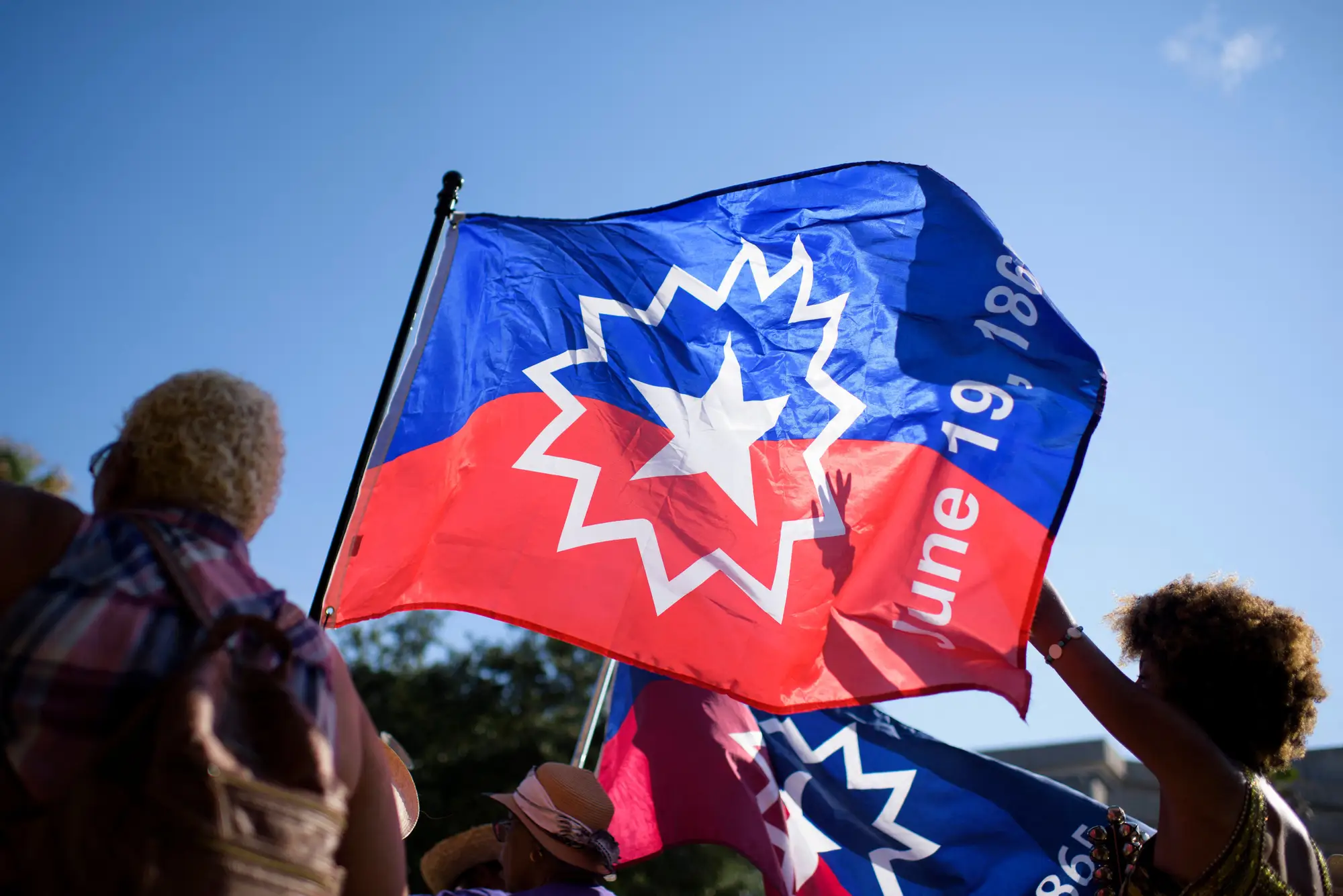Worcester Mourns the Passing of Academic and Black History Trail Advocate, Professor Thomas L. Doughton

WORCESTER — The city of Worcester is grieving the loss of Thomas L. Doughton, a revered academic and advocate for local history, who played a pivotal role in creating historical markers and digital materials for Worcester’s “Black History Trail.” The senior lecturer at the Center for Interdisciplinary and Special Studies at the College of the Holy Cross passed away on Saturday at his Worcester residence.
Professor Doughton, an esteemed expert in the fields of the Holocaust, comparative genocide, Native American studies, and African American history, dedicated over two decades to teaching at Holy Cross. His impact extended beyond the classroom, as he was known for his mentorship and steadfast support of students.
In a joint statement released on Sunday, Vincent D. Rougeau, president of Holy Cross, along with Provost and Dean Elliott Visconsi, Senior Vice President for Student Development and Mission Michele Murray, and Director of the Office of the College Chaplains Marybeth Kearns-Barrett, confirmed the passing of Professor Doughton.
Beyond his academic contributions, Doughton was a passionate advocate for the history and cultures of Black and Indigenous communities in Worcester County and across Massachusetts. He played a crucial role in shaping Worcester’s Black History Trail, a project that documents and highlights historical sites significant to the experiences of people of color in Worcester from the colonial period to the present day.
Additionally, Doughton actively collaborated on the Laurel Clayton Project, which aimed to uncover the history of a Black community in Worcester that was erased by the construction of Interstate 290 and Plumley Village. The project, co-founded by Paul F. Bailey, involved homecomings for former residents of the Laurel/Clayton neighborhood.
In his efforts to raise awareness about Worcester’s Black enclaves, Doughton highlighted neighborhoods on Summer Street, Washington Square, East Worcester Street, Exchange Street, North Ashland Street, Mason Street, Beaver Brook, and other locations. His ancestral ties to Worcester date back to the 1700s, with family members who were soldiers in the Revolutionary War and part of the prestigious 54th Regiment during the Civil War.
The Black History Trail, marked by informational panels and medallions at various locations in the city, was a testament to Doughton’s commitment to preserving and sharing African American history in Worcester. He played a key role in implementing the mechanical aspects of the project alongside his students last year.
Doughton, who identified as a citizen of the Nipmuc Nation, was also known for his significant contributions to the understanding of Native American presence in Southern New England. He spoke out against Native sports mascots, emphasizing the importance of preserving Native identity while acknowledging shared responsibility in the debate.
The passing of Professor Thomas L. Doughton leaves a void in the academic and historical communities of Worcester, but his legacy will endure through the invaluable contributions he made to preserving and celebrating the rich history of Black and Indigenous communities in the region.
2 thoughts on “Worcester Mourns the Passing of Academic and Black History Trail Advocate, Professor Thomas L. Doughton”
Comments are closed.






✅ Get 10x More Sales & Leads from ANY existing funnel FAST with Primestocks.